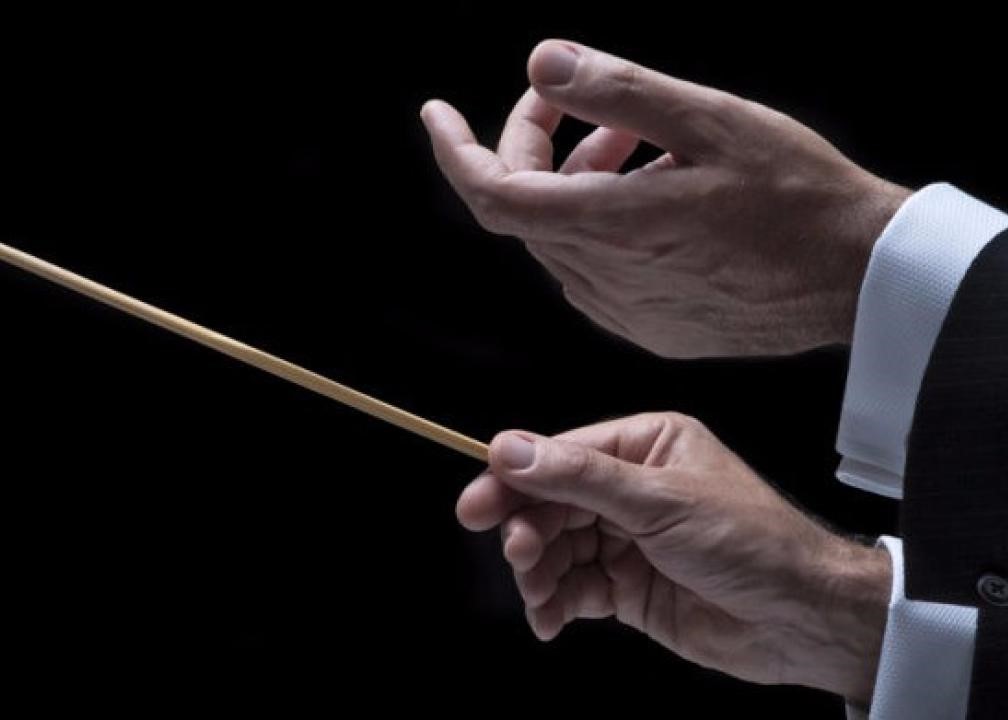
Hello everyone, and welcome back to the Italian language column. This month I am going to talk about music! Don’t worry, you are reading the right column, but I was inspired by all the videos of Italians singing at their windows, on their balconies, and to be honest we all need some music to make us happy in our lives nowadays! Since this column is about the Italian language, today I am going to talk about some Italian expressions about music. Let’s dive right into it.
We have essere sempre la stessa musica – to be the same old music – and essere (tutta) un’altra musica – to be a (completely) different music. As you may imagine already, they have opposite meaning: the first means that something is the same thing, over and over, it’s boring and even annoying to some degree. It is usually referred to arguments and repeating situations. The latter means that is something new, fresh, pleasant, and it can refer to conversations, situations, but even people. The first one even has a variation: essere sempre la stessa solfa – to be the same old sol fa. The word solfa, in fact, is a new word that comes from the combination of the note sol – G – and fa – F – so it could be translated to “It’s the same old G and F” which is another way to simply say music.
Then we have arrivare dopo la musica – to arrive after the music− which means that you arrived late, after something important has already happened, as if you got to the theater after the concert was already over and the orchestra was done playing. In fact, the variation of this expression is arrivare a musica finite – to arrive when the music is over. Very dramatic and sad, but also a very poetic way to tell someone they are in deep trouble. But maybe you decide to give that person a second chance, but at the end they still fall into their same mistakes. Very sad. But on the bright side, that’s a very god opportunity to use the expression cambia la musica ma non I suonatori – the music changes but not the musicians – which means that, despite all the good resolutions and desire to change, the situations is basically unaltered.
But then something does change, and you really like it. It’s something very positive and it makes you happy and you can say è musica per le mie orecchie – it’s music to my ears – which means that it’s something pleasant, something you really enjoy and you are happy about. It could be some good news somebody is telling, something you have been waiting to hear, or even just a good offer.
And, as always, I keep my favorite one last. I am talking about the good old-fashioned musica maestro! – Music, conductor! It’s an exclamation that was once used (and sometimes it still used) to ask the conductor to give the signal to the orchestra to start playing, in other words to start the concert, but it then became used as a reaction to something good, to celebrate that something happy happened. As I said at first, nowadays it sounds a bit old-fashioned, and just like many older words and expressions, it is now used mostly ironically. But I still like the idea of someone reacting to some good event just by screaming musica maestro!
Well, in the meantime, keep on listening and playing music to make your days happier and your neighbor’s too. I can’t wait to just get to the day in which we will all be safe to go out again, get out in the street and just scream: musica maestro!



